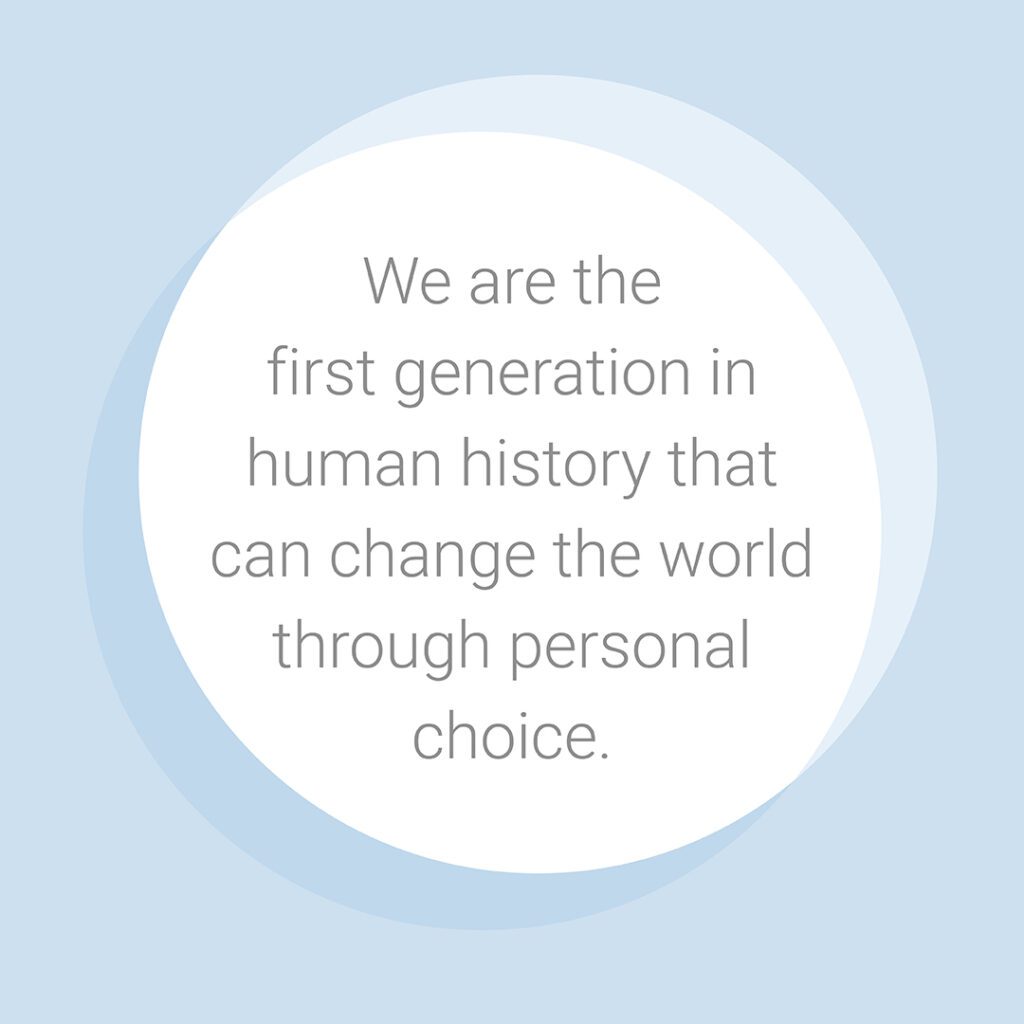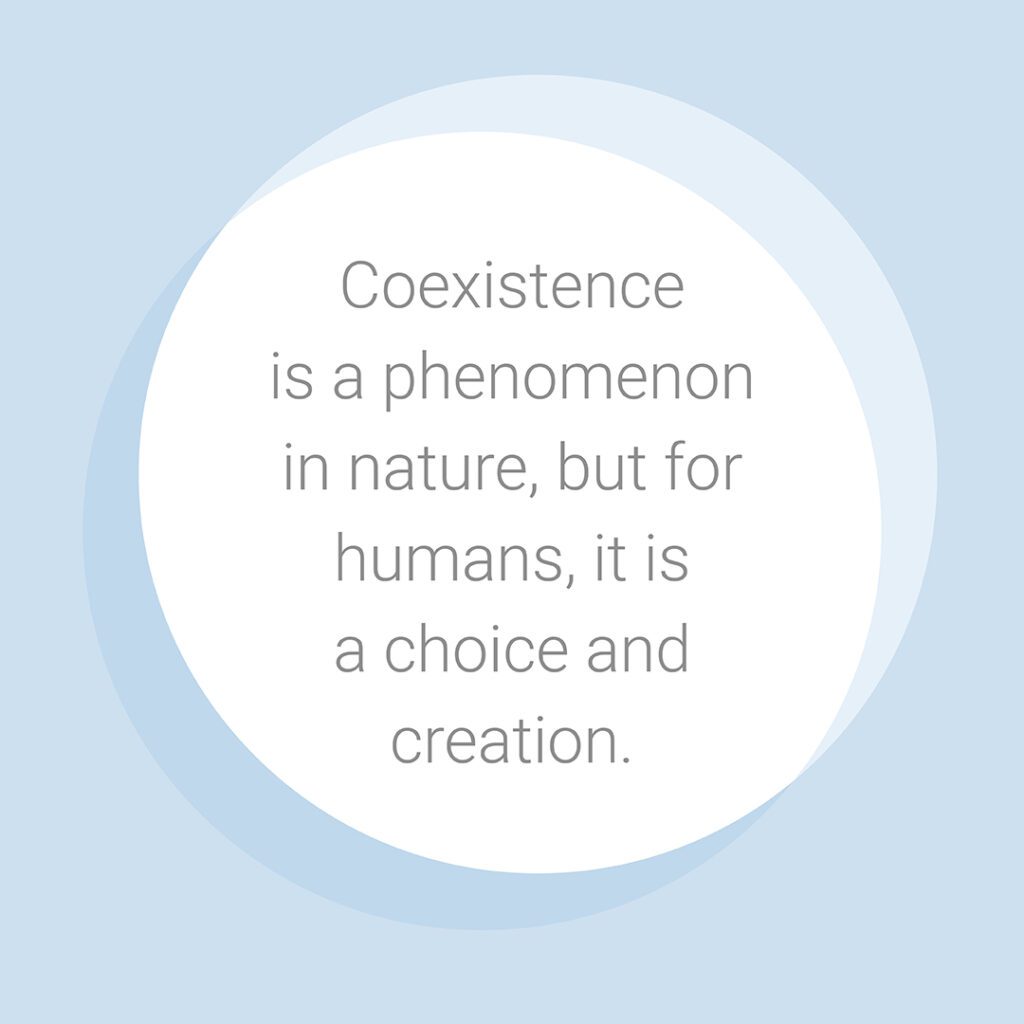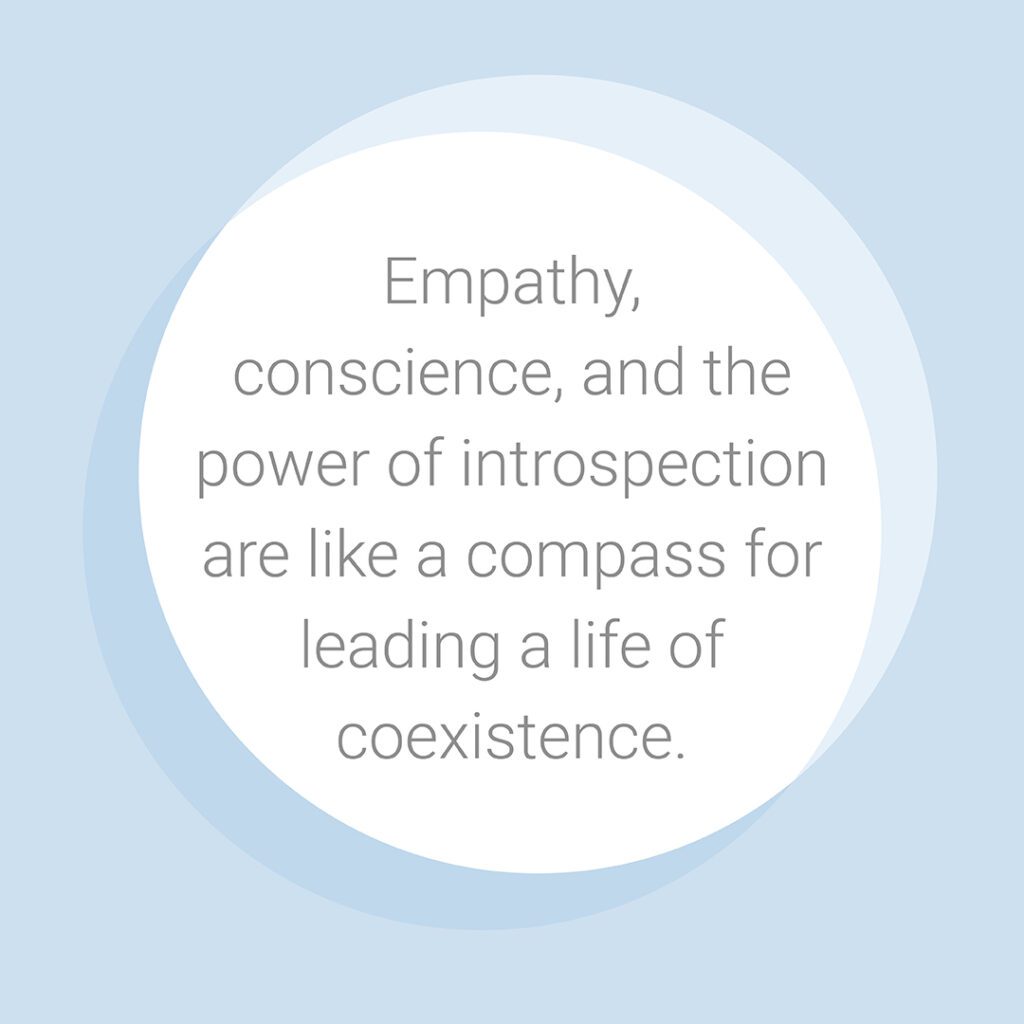The Art of Coexistence masterfully addresses both the root causes of our anxieties about the rapidly unfolding existential threats to our future, while providing at the same time a simple paradigm and practical strategy out of this dilemma.

The Art of Coexistence masterfully addresses both the root causes of our anxieties about the rapidly unfolding existential threats to our future, while providing at the same time a simple paradigm and practical strategy out of this dilemma.

This book strikes a resonant chord, beginning with recognizing that solutions to our environmental crises lie not outside of us, but within us. Grounded in love for all beings, the authors take the reader by the hand to remind us of our innate ability to live harmoniously on planet Earth through proactive and warm-hearted coexistence.
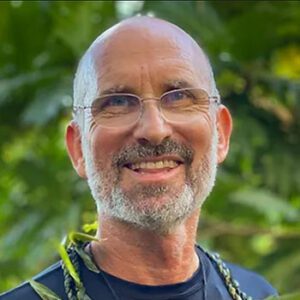
Ilchi Lee’s book, The Art of Coexistence, shows us how we can live more meaningful and joyful lives while also contributing to the sustainability of the planet. It is inspirational as well as practical, and it points the way toward a more harmonious future. It arrives at the perfect time.

Ilchi Lee dreams BIG. In The Art of Coexistence, he examines society’s problems and outlines ways to solve them. He also thinks small, reminding us that the age of man is insignificant in Earth’s history and that the answer lies within each of us. He explains how people and society can align with nature and heal in the process. I think he’s on to something.

This book is a personal call to action to redesign how we exist with ourselves, with each other, and with the earth. A timely piece after emerging from a worldwide pandemic to support us with concrete steps we can take toward a healthy and fulfilling existence while changing the fate of our planet.

We are living in a very special time. We are enveloped in layers of problems—the pandemic, climate change, modern warfare, artificial intelligence—any one of which could drive humankind to a catastrophic end. What these various problems have in common is that they cannot be solved by any particular individual or group; they can only be solved when we all gather our strength together in solidarity.
Though there are many serious problems, there is just one solution for solving them, and it’s simple: harmonious coexistence, a way of life based on the bone-deep realization of every individual that “I myself, other people, and the earth are an inseparable oneness.”
Coexistence is not one of many approaches to living. It is the only way we can sustain life for long. More than any new technology or infrastructure, we desperately need this understanding and attitude to achieve a viable planet.
The foundation of this book is the belief that the human mind has the inherent ability to make coexistence possible. Finding this ability hidden within us and learning how to use it is a new art we can pursue and develop.
In The Art of Coexistence, Ilchi Lee, in collaboration with Steve Kim, details the core concepts and principles of this art, as well as practical methods for making use of them. Examining the societal, educational, and spiritual changes we need to establish true coexistence, Lee and Kim lay the philosophical groundwork to build a better world—starting today.
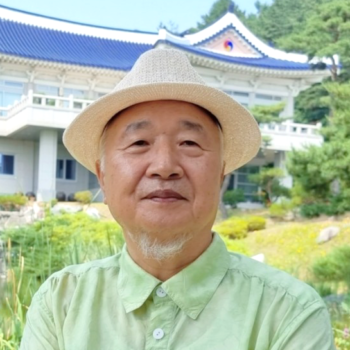
Ilchi Lee is a visionary and New York Times bestselling author who has penned more than 40 books. He founded the mind-body practices of Body & Brain Yoga and Brain Education and established the Earth Citizen Movement. Lee also founded and serves as the president of the Global Cyber University, the University of Brain Education, the Earth Citizens Organization, and the International Brain Education Association, which has consultative status with the United Nations Economic and Social Council. His principles and methods have helped millions of people worldwide expand their true potential.

Steve Kim is a writer, educator, and life-long practitioner of mindfulness and sustainable living. He currently serves as the executive director of the Earth Citizens Organization (ECO), a non-profit dedicated to promoting mindful living, natural health, and world sustainability.
